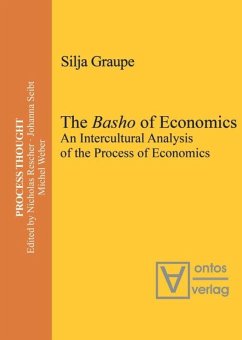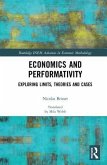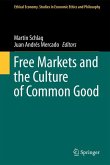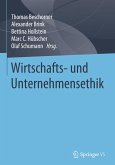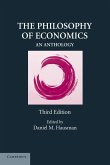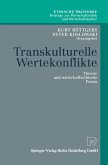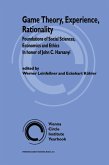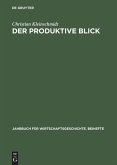In the parlance of modern Japanese philosophy, the term Basho denotes a field of experience underlying all conceptions of reality, while remaining itself conceptually ungraspable. The Basho of Economics, then, refers to the economy's hidden experiential ground, which has never been explicitly scrutinized, as such, by mainstream economics. We uncover this ground by discerning the tacit presuppositions of classical and neo-classical theories from the perspective of modern Japanese philosophy. In particular, we draw attention to the traditional atomist assumptions implicit in their equilibrium-centered models. By breaking through these assumptions, we reconstruct the economy as a functional and relational world of habitual and creative activity outside of the scope of mechanical laws.
'Intercultural thought is not only about finding similarities between cultures, but de-familiarizing cultural patterns - making us see again realities that have become so habitual to us that they have faded into the material of our everyday lives. Graupe, by using Japanese thinking as a tool to unlock one of the truly central Western patterns of thought since the beginning of modernity, opens us not only to the surprising reality of the Other, but to the process by which we have become who we are.' From the foreword by Roger Gathman

